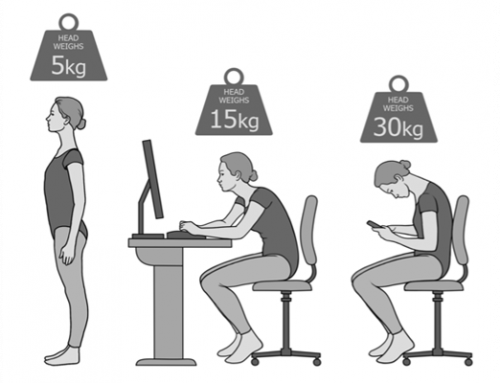“Our natural state is to feel good and know happiness.” – Carol Tuttle
With 3 million Australians living with depression or anxiety the impact that food has on mood is enormously under emphasised. Food and mood have a complicated relationship. When we are tired, stressed, or upset this impacts our food choices and hello 3pm chocolate bar.
But the opposite is also true, when we eat fast food or other highly processed foods this impacts our mood by altering our ability to regulate serotonin our “feel good hormone”. With 95% of serotonin produced in the gut, its no wonder that what we eat directly impacts our mood. Serotonins job is to help regulate sleep and appetite, mediate mood and inhibit pain.
Studies show that when individuals ate a diet high in fruit, veg, whole grains and legumes they experienced improvements in depression, anxiety, and productivity. On the flip side, processed or refined foods often worsen symptoms of mood disorders.
Just like you wouldn’t put poor quality fuel in an expensive car, you don’t want to do the same to your brain. When we do, nutritional deficiencies arise leading to increases in depressive symptoms, anxiety, and dampening our resilience to stress.
Below you can find a list of foods that enhance and diminish mood. Your challenge for this week is to reduce the foods that negatively impact mood and see how you feel.
Mood enhancing food
CHALLENGE: Increase the foods that positively impact mood and see how you feel.
- Protein = made up of amino acids the building block of our “feel good” chemicals dopamine and serotonin. Find them in oats, dairy, red and white meat, eggs, nuts and seeds.
- Carbohydrates = needed to help tryptophan get to the brain the best ones are those found in fruit, veg and whole grains.
- Omega-3 = healthy brain development and function, foods high in omega 3 are fish, chia, broccoli and spinach.
- B vitamins = deficiencies in B12 linked to depression along with B6 which is needed for optimal brain and nerve function to support serotonin regulation. Foods high in B vitamins are oily fish, dairy, and leafy greens.
- Vitamin D = required for brain development and function, deficiency has been associated with depression. 15 minutes a day of sunshine ensure you meet recommendations or supplement with Vitamin D (200 iu)
- Selenium = is an essential mineral meaning we need to get it from food. Selenium helps antioxidant balance in our body’s cells. Foods high selenium are tuna, turkey, lamb and shrimp.
- Tryptophan = an essential amino acid acting as a precursor to serotonin with foods high in tryptophan being eggs, cheese, tofu and nuts.
- Magnesium = vital role in serotonin production found in leafy greens, nuts and legumes.
Mood diminishing food
CHALLENGE: Reduce the foods that negatively impact mood and see how you feel.
- Alcohol = is a nervous system depressant and lowers the level of serotonin in your brain.
- Caffeine = can worsen anxiety and insomnia as well as leading to mood swings from the increase and then decrease in adrenaline .
- Sugar = in the short term sugar can numb pain or distract you from your mood but in the long term it makes you feel worse emotionally and physically especially due to its impact on inflammation.
- Processed foods = preservatives and hidden nasties such as additives, flavours, and colours all impact our ability to regulate our feel good hormone serotonin.
Want to learn more about how your diet impacts your brain, visit here.
by Emma Barrett
Nutritionist & Exercise Physiologist






